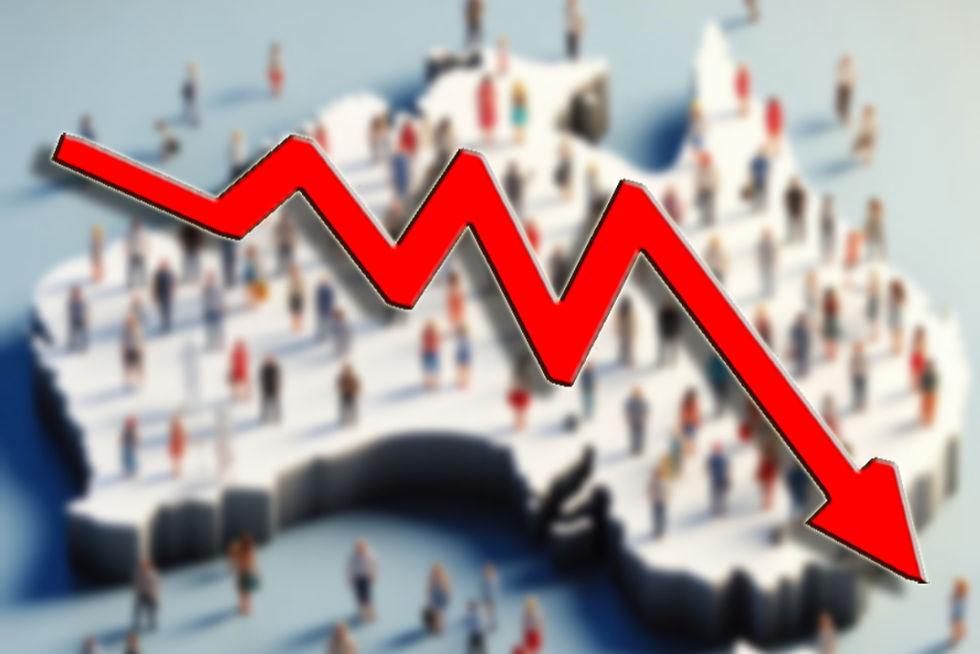The Consumer Staple Sector - Significant Disruption
- Insync Funds Management
- Mar 27, 2019
- 2 min read
Updated: Jan 16, 2024

Insync began to observe major disruption within the large consumer branded companies two years back and sold a large proportion of the branded staples in the portfolio after our analysis showed they were suffering from major disruption. Whilst understanding disruption should be considered an important part of any investment process, we have contended for some time that the pace of disruption has accelerated, and this is why it is a core tenet of the Insync investment process.
The future for many global brands started to become more difficult in 2012. Despite steadily rising global demand, a series of events began taking a toll on large consumer products companies’ revenues and profits. “During an analysis of the 2012 to 2016 performance of 34 of the world’s top 50 consumer goods companies, an unsettling discovery was made that 85% of those big companies had seen a decline in either revenues, profits or both. Only 15% managed to escape unscathed”.
For decades, two structural barriers protected FMCG leaders: limited distribution because there’s only so much shelf space; and limited airwaves because there are only so many media players. With the rise of e-commerce, anyone can get a product distributed to a consumer much cheaper, easier, and faster than ever before. Because of YouTube and other media channels, anyone can get the word out about a new brand. These technological changes dramatically reduced the marginal cost of distribution and awareness building. Consequently, even if you are the market leader you need to worry about new brands entering the market faster and more frequently.

Additional pressures have also come from supermarkets and the continuing shift towards private label. Own-label sales grew 4.2 per cent in 2017 compared with 2.2 per cent across the entire range stocked by Tesco in 2017. More than 50 per cent of food sales at Tesco are now own-label, up from around 35 per cent in 2014. Costco’s private label brand “Kirkland Signature Brand” generated sales exceeding US$39bn in 2018. This compares to US$28bn worth of sales at Kraft Heinz and US$16bn at General Mills. This is an astonishing fact!




Comments